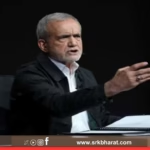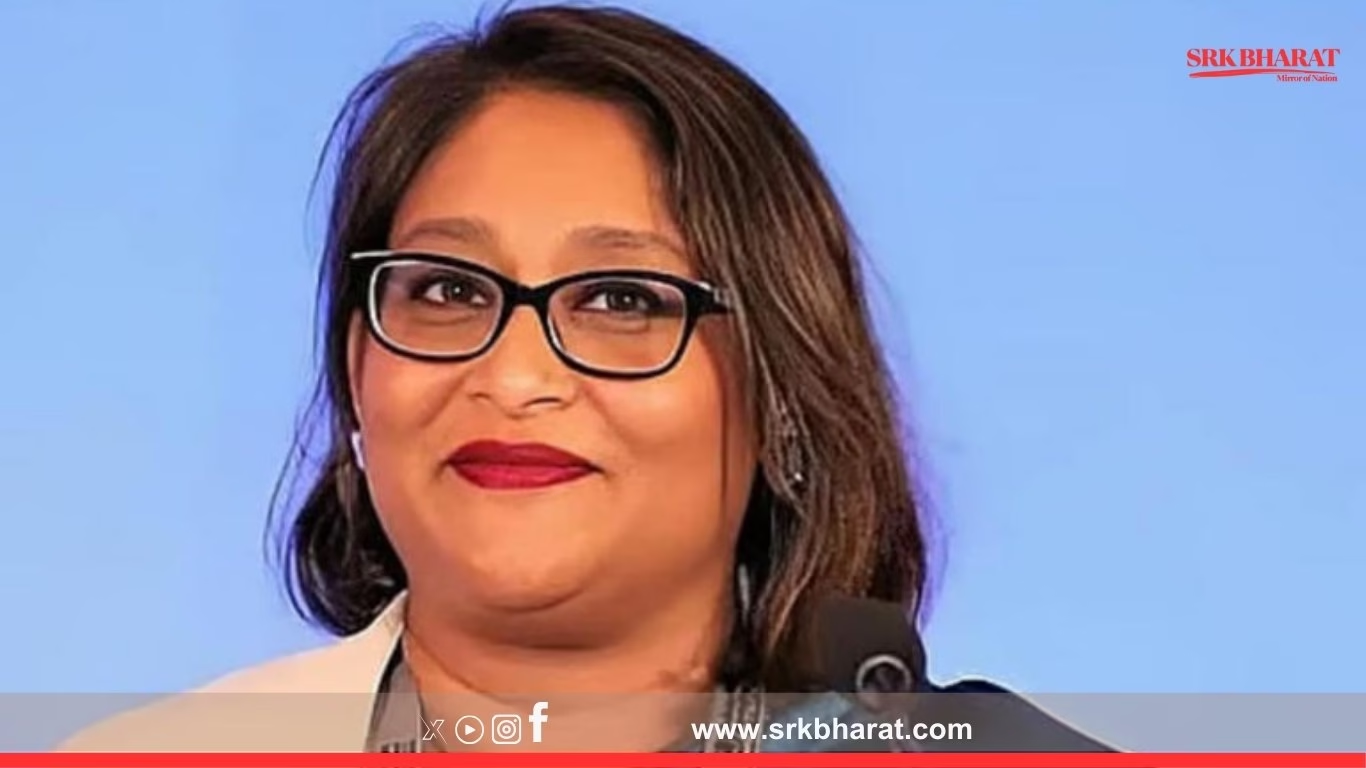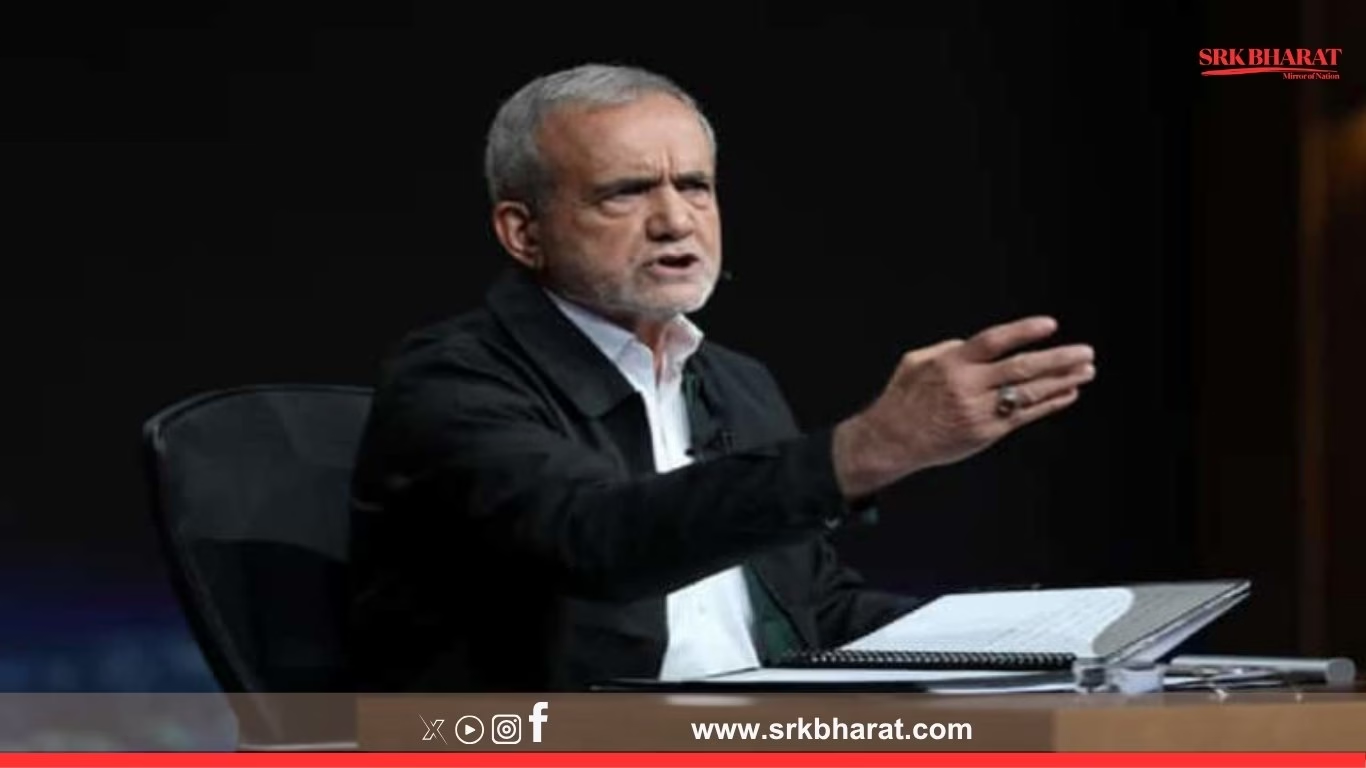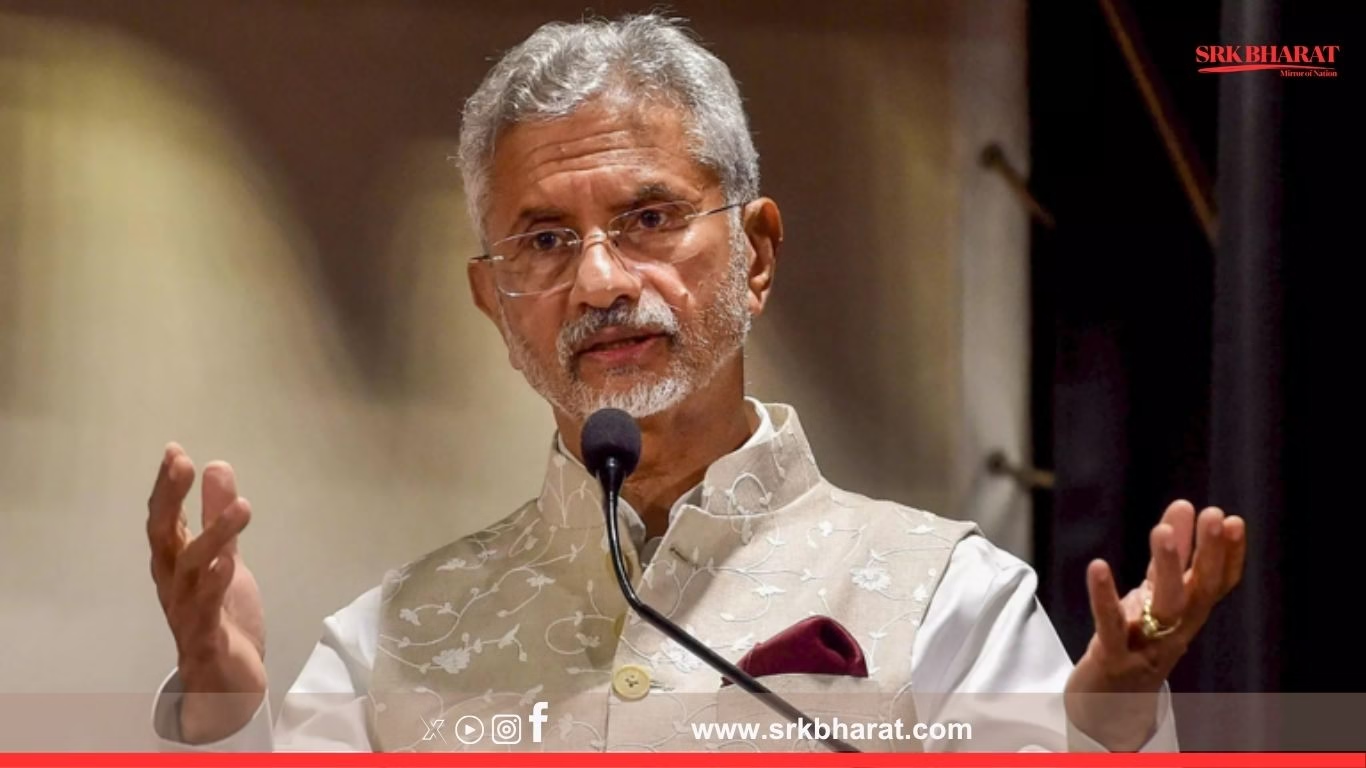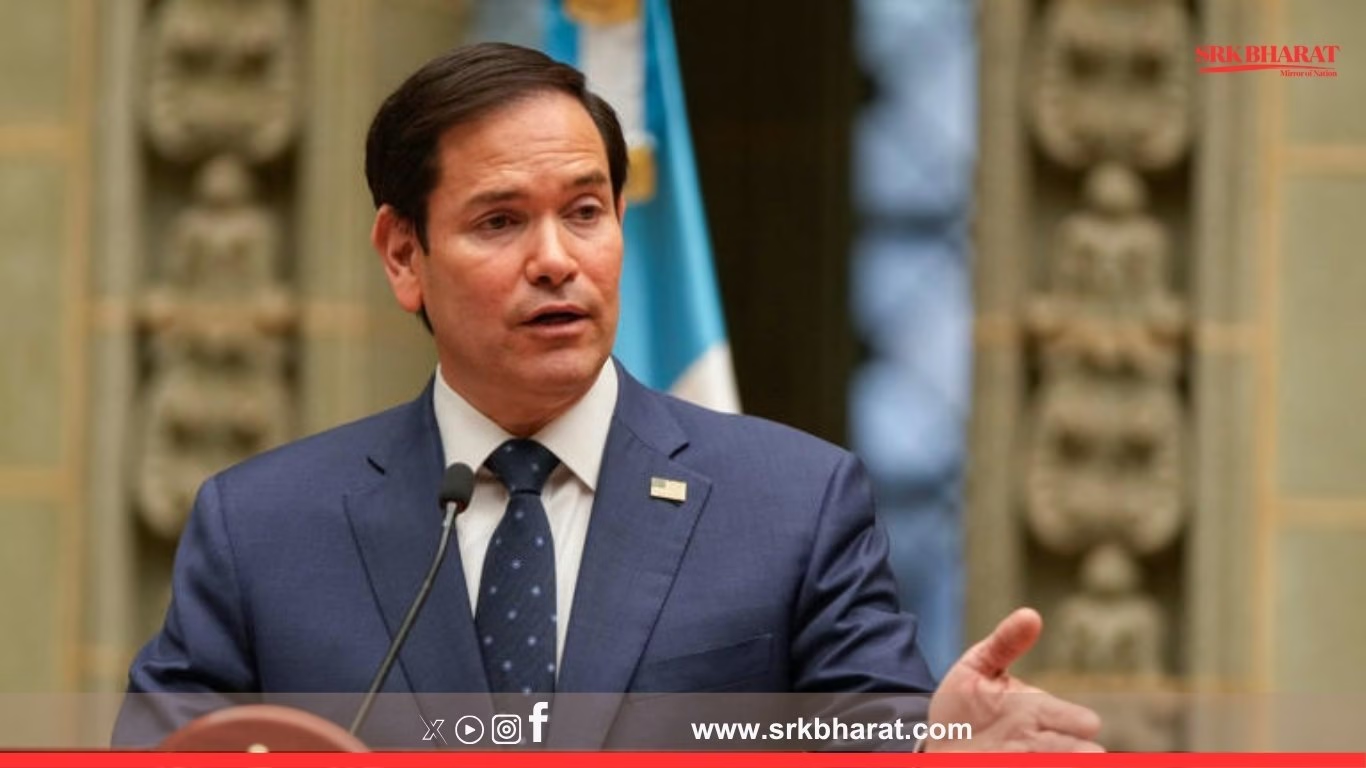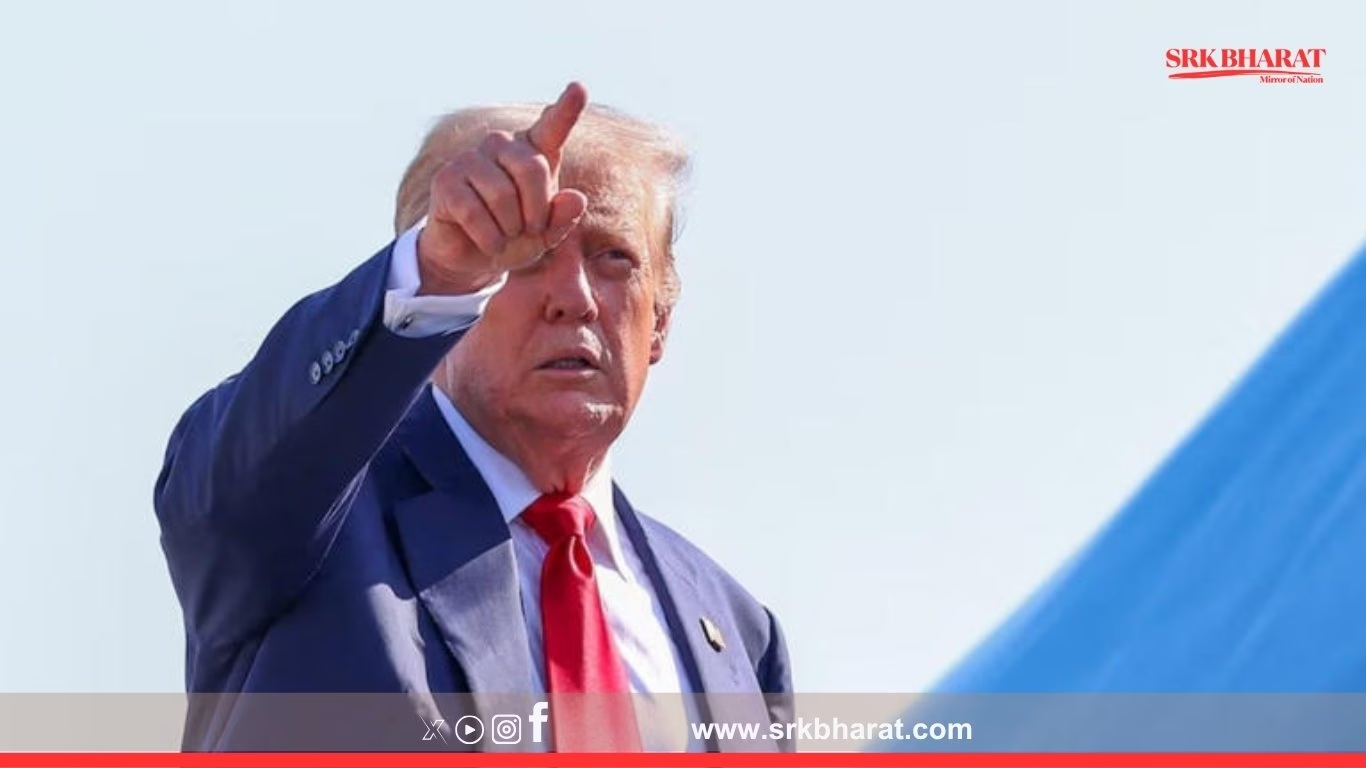In a development that has created ripples across Bangladesh’s political landscape and the global health fraternity, Dr. Saima Wazed, daughter of Bangladesh Prime Minister Sheikh Hasina and a prominent mental health advocate, has reportedly been put on indefinite leave by the World Health Organization (WHO) following corruption allegations. This move comes at a time when Bangladesh’s ruling Awami League faces increasing criticism over alleged nepotism and governance standards.
Who Is Dr. Saima Wazed?
Dr. Saima Wazed is a clinical psychologist and globally recognised autism and mental health campaigner. She was appointed as WHO Regional Director for South-East Asia in January 2024, succeeding Dr. Poonam Khetrapal Singh, after securing strong backing from Bangladesh’s diplomatic corps and Prime Minister Hasina herself.
She is also known for her leadership of Bangladesh’s National Advisory Committee on Autism and Neurodevelopmental Disorders and has worked extensively with global health bodies to integrate mental health policies in low- and middle-income countries.
The Corruption Allegations
The allegations revolve around procedural irregularities, conflict of interest, and suspected misuse of WHO-linked projects to favour family-run organisations and allies in Bangladesh. While WHO has not issued a formal public statement, internal memos cited by international agencies indicate:
- Conflict of Interest Claims:
- Concerns were raised that her dual role as Bangladesh’s autism policy lead and WHO Regional Director posed ethical conflicts, with decisions potentially benefitting Bangladeshi organisations linked to her advisory teams.
- Project Procurement Irregularities:
- Whistleblower complaints flagged direct awarding of mental health awareness projects without competitive tenders to institutions connected to her professional network.
- Governance Concerns:
- Questions have been raised on transparency standards in the mental health programme fund disbursements during her tenure.
WHO’s Decision And Response
According to insiders, WHO headquarters in Geneva directed the South-East Asia regional office to place Dr. Saima Wazed on indefinite administrative leave pending a detailed ethics and compliance investigation. Her official WHO profile has reportedly been archived temporarily.
WHO spokespersons, when approached by global media, declined detailed comments citing ongoing internal reviews, but emphasised:
“WHO upholds the highest standards of integrity, transparency and accountability. Matters under review are treated with strict confidentiality to ensure due process.”
Political And Diplomatic Reactions
- Bangladesh’s Government Stance:
The Bangladesh Health Ministry and Prime Minister’s Office have not released formal statements. Ruling party insiders, however, criticised the move as “politically motivated, instigated by anti-Bangladesh lobbies” aiming to tarnish the nation’s international image. - Opposition Reactions:
Bangladesh Nationalist Party (BNP) leaders termed this a “clear example of entrenched nepotism and compromised international appointments,” demanding transparency on all WHO-Bangladesh project funding linked to her tenure. - Diplomatic Concerns:
Some South Asian diplomats expressed concern that this controversy may weaken Bangladesh’s influence within WHO and other UN agencies, given Dr. Saima Wazed’s prior reputation as an influential mental health advocate.
Impact On Mental Health Programmes
Under Dr. Saima Wazed’s leadership, WHO South-East Asia prioritised autism, early childhood mental health, and community-based care integration. Experts fear her leave may delay several flagship initiatives, including:
| Programme | Focus Area | Estimated Impact |
|---|---|---|
| Autism Inclusion Strategy | Regional autism diagnosis, inclusion policies | May face leadership void in coordination |
| Youth Mental Health Network | Mental health promotion in schools and universities | Programme launches likely deferred |
| Community Counselling Outreach | Training frontline health workers in mental health first aid | Rollouts could slow down pending leadership clarity |
Public Sentiment And Social Media Reactions
In Bangladesh, reactions have been polarised:
- Supporters: Hailed Dr. Saima Wazed as an international mental health icon and alleged that the charges are fabricated to derail Bangladesh’s diplomatic achievements.
- Critics: Accused her of misusing international platforms for domestic political influence, demanding independent investigations to uphold WHO’s integrity.
Social media platforms are flooded with hashtags such as #SaimaWazed, #WHOIntegrity, #BangladeshPolitics, with users debating whether WHO appointments should remain immune from political patronage.
Expert Analysis: Why This Matters
- WHO’s Global Integrity Standards:
WHO has faced past criticisms regarding regional appointments allegedly influenced by member states’ political power. This development reinforces its recent pivot towards stronger internal compliance frameworks. - Bangladesh’s International Reputation:
While the country has achieved strong economic growth, allegations of nepotism and weak institutional autonomy persist, affecting diplomatic credibility in multilateral forums. - Mental Health Advocacy Setback:
Dr. Saima Wazed’s removal, if confirmed permanently, may slow momentum for regional mental health programmes at a time when mental illness rates in South Asia are rising post-pandemic.
What Next?
- Investigation Timeline: WHO’s internal reviews typically take 3-6 months, involving independent ethics committees, financial auditors, and external compliance assessors.
- Potential Outcomes: Depending on findings, Dr. Saima Wazed could be reinstated, asked to resign, or officially dismissed. WHO may also revise conflict-of-interest guidelines for future regional appointments.
- Broader Repercussions: This controversy could lead to greater scrutiny of UN agency nominations worldwide, especially where appointees are related to powerful political figures.
Conclusion
The decision to place Dr. Saima Wazed, daughter of Prime Minister Sheikh Hasina, on indefinite leave by WHO has raised serious questions on governance, ethics, and the intersection of politics with global health leadership. As investigations unfold, the spotlight remains firmly on WHO’s ability to maintain institutional credibility while safeguarding its critical mental health programmes from disruption.
Disclaimer: This article is for informational purposes only. It summarises publicly available developments and does not allege wrongdoing. Readers are advised to await official findings and statements before arriving at any final conclusions.



